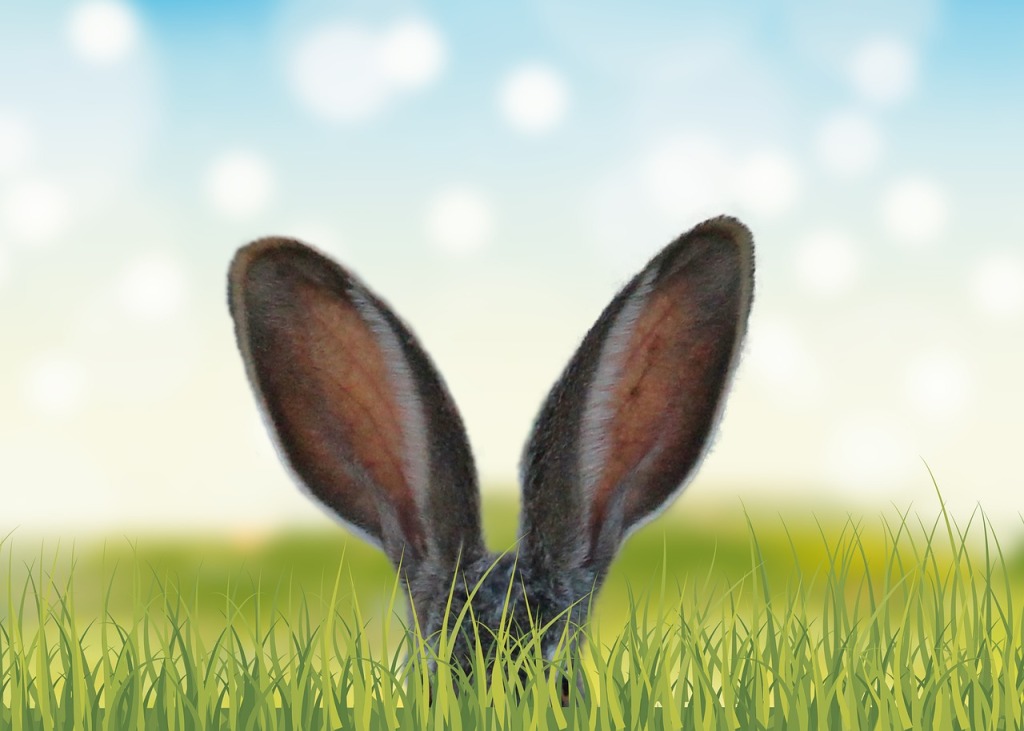The story reflection that follows is based on the gospel reading for Sunday, Matthew 22:34-40, which you can find here.
There’s a story I heard once, of Margaret, an older woman who lived alone. Well, not entirely alone. She had a dog called Isla.
Isla was a well mannered, gentle dog with big, warm brown eyes and velvety soft ears.
The two of them lived on an ordinary street in an ordinary neighbourhood. When I say ordinary, I mean it wasn’t fancy. We might call it mixed. Margaret had lived there a long time, and she had seen her neighbours come and go. She had seen coming and going in her own life too, and the pain of that had left its marks. On the whole, Margaret was content with her life. She had Isla, she had her interests, she had a few friends she kept in contact with, and some family – but they were not close by, so she only saw them infrequently.
And so, her life flowed on in a quiet way. Everyday Margaret and Isla went for a walk– morning and afternoon, and sometimes evenings too, if it was nice out. Margaret wasn’t unfriendly, but she was quite self-contained.
Happily, Isla was a gentle dog and she was a friendly dog, and there were several people they met regularly on their daily walks who looked forward to seeing Isla, stroking her soft ears while they talked with Margaret of the day and the latest news.
Such was Margaret’s life and she was not unhappy with it.
Until she started to notice a blurry patch in her vision. It began small, but slowly grew. She went for tests and found that there wasn’t much that could be done for the condition. So, although it was hard, she learned to adapt. She did not want to move into a home. She could still manage most things but despite her best efforts, she started to have trouble with two important things.
Firstly, she found she simply could not read her post – and the few friends she was in contact with were letter writers. They wrote actual letters. So that was a problem. She found ways to write to them still, but finding a way to read their letters was…beyond her. The second thing was that she had trouble opening the tins of dog food. I forget exactly how come her vision loss meant that she struggled with this, but it did. And she loved her dog.
It happened that one evening, Margaret got so frustrated when the tin of dog food bested her that she cried hot tears of shame and anger with herself. Isla was confused. And hungry. And Margaret was at a loss. She wanted so much to manage by herself, it was a source of quiet pride for her how she was still able to live independently, and now her whole life was falling apart because of a stupid tin of dog food.
As she sat on the kitchen floor feeding Isla cheese, she had a sudden idea. It was an unusual idea, for sure, but once it had arrived in her head, she couldn’t shake it off.
So she got up, put on her coat and picked up Isla’s lead, and the two of them headed out the front door. Isla wasn’t expecting another walk just yet, and she was keen, but also surprised when Margaret got to their front gate and turned left instead of right. She went two doors down and then – stranger still – opened the gate of number 23 and went to knock on the door.
There was banging and shouting coming from inside, as a child came to answer.
‘Hello Isla! Hello Mrs. Margaret!’ said the boy in some surprise. When she heard his voice, Margaret was relieved. She didn’t know how she would have explained her presence there if anyone else had answered the door.
‘Hello Sammy’, Margaret said.
Sammy was one of Isla’s admirers. He was a quiet 12 year old, and they usually met on their morning walk past the school bus stop. Sammy stooped to stroke Isla and asked Margaret if everything was alright. No, Margaret told him. I can’t open her tin of food, and I was hoping you might come and help me? Sammy didn’t realise what a huge deal it was for Margaret to admit that she needed help, so he didn’t make a big deal of it either. Sure, he told her, and off they went back to Margaret’s house.
So began a beautiful arrangement. Sammy came over every day to help feed Isla. He started to read Margaret’s post to her, when she asked him if he wouldn’t mind. He liked spending time with Isla, particularly, but after a while he also started to feel more comfortable with Margaret. He began to tell her bits and pieces of his life…his real father who was no longer around but had come and gone with bursts of violence and anger…he confided his fears and his difficulty sleeping. He learned to trust himself to another person as Margaret listened and accepted him, as she cared for him and about him. And when Sammy grew up, because of his relationship with Isla and Margaret, he was inspired to come up with an idea about a different style of elder care, one where animals and children are part of the lives of the retirement village residents. Many lives were touched by the relationships of these two people – a connection that grew from dependence, from vulnerability and need.
When I was talking with my supervisor this week, I told her about the AGM. She knows all about St Peter’s, because I’ve been seeing her every month for a few years now. So when she asked me what my feeling was about where we stand now, as I wrote my report I said, ‘vulnerable’. Our rosters are half full at best. I do not say this with judgement. You are all doing your best, doing what you can. But this is the reality. We are few, and we are fewer. This makes us vulnerable.
And then she asked me – ‘what does it mean to you, to be vulnerable?’
And I paused. Because here’s what I know – being vulnerable means you have got in touch with courage. It means you have tapped into a deep, soul level of strength because being vulnerable means being authentic and genuine and real. It takes courage to ask for help, to admit that you cannot manage by yourself. We have been led to believe that we shouldn’t need help – that we can manage by ourselves. Of course, that’s utter nonsense.
But, still. It takes a strength of character to allow another to do for you and not to feel resentful or abased. But when we say, ‘our church is vulnerable’ we don’t think – oh, that’s good! We think ‘that’s dangerous. That’s threatening’.
So I wonder, can we accept our reality – embrace our weakness – and turn our vulnerability into strength? Can we tap into courage and reach out for help? Perhaps we are not yet at a sitting on the kitchen floor crying hot tears of loss and longing stage. I think we are near. I know I am.
When Margaret finally admitted defeat, an idea came to her. A possibility that wasn’t there before suddenly danced into her darkness. It did not come with any guarantees, but from her courage and the relationship which developed because of her need, so much grew out of that one seed of an idea.
There is no shortcut to the idea and the blooming that follows. We cannot skip the kitchen floor moment. But if, as we believe, the pattern of life, death and new life is woven into creation, then we do not need to fear the kitchen floor.
Jesus is already there waiting for us, a bag of seed ideas in his wounded hands.



